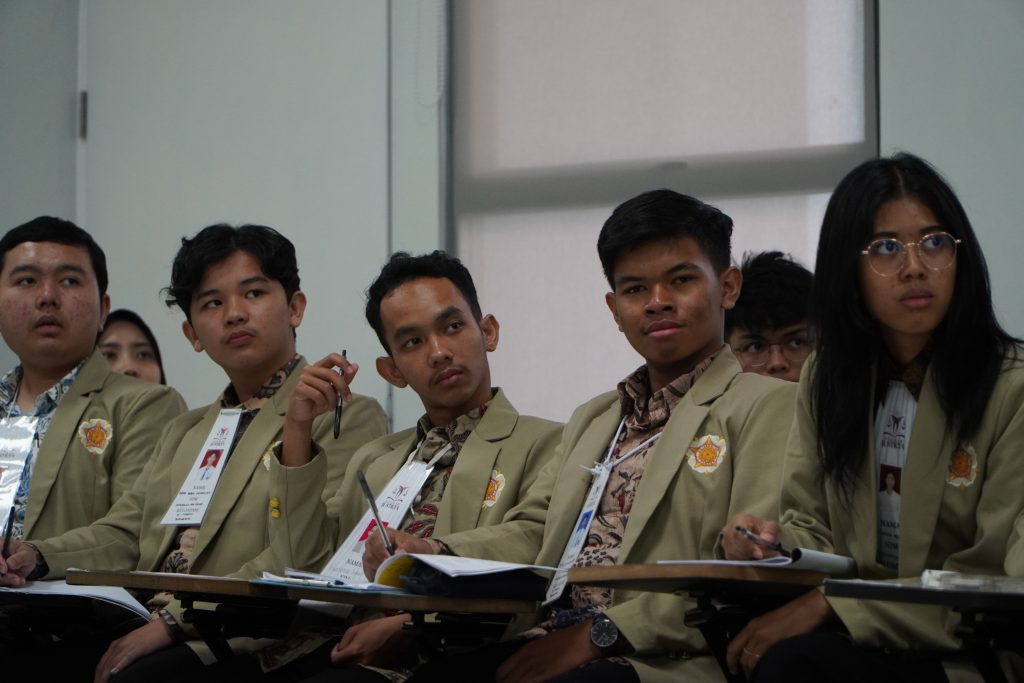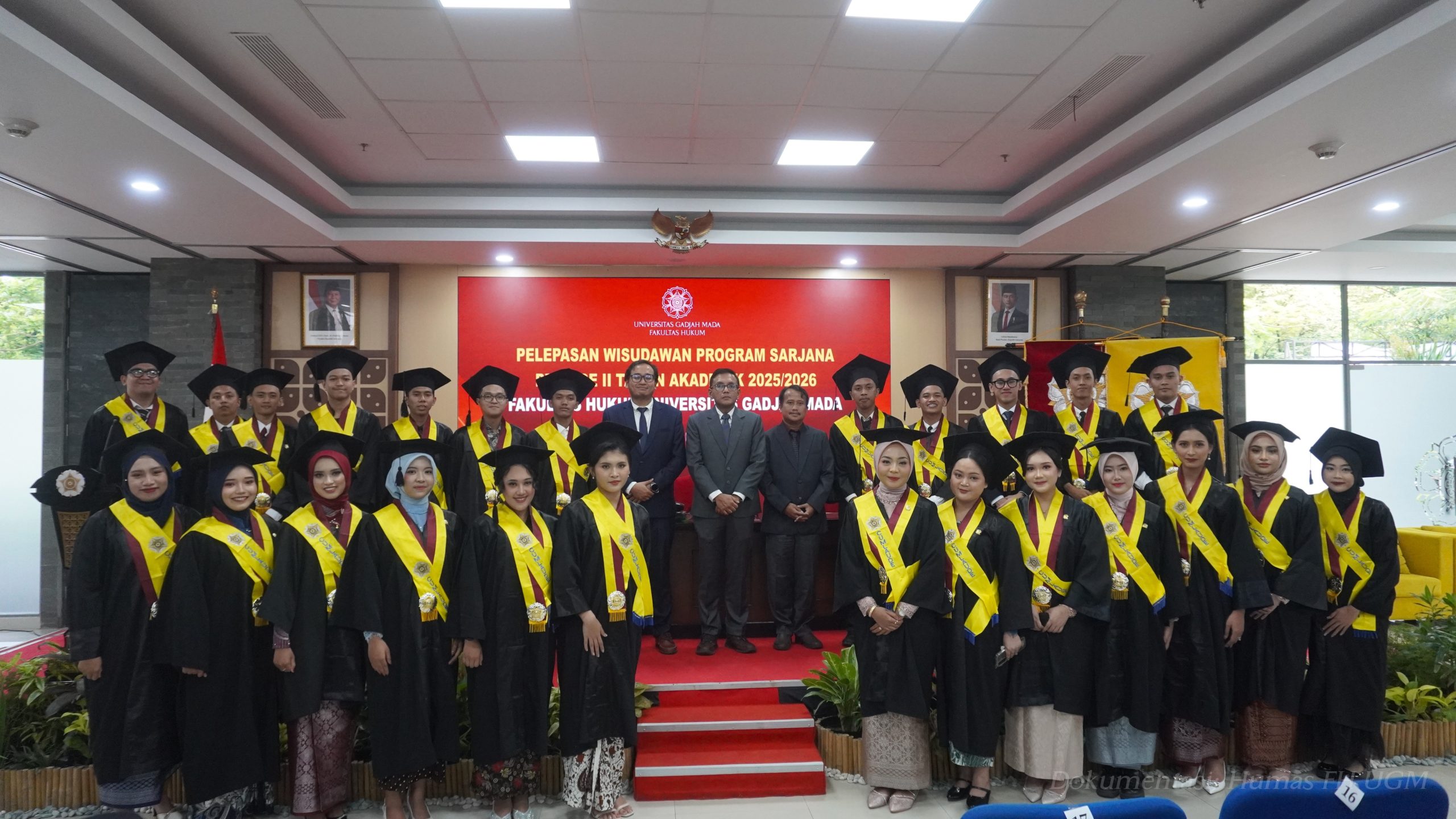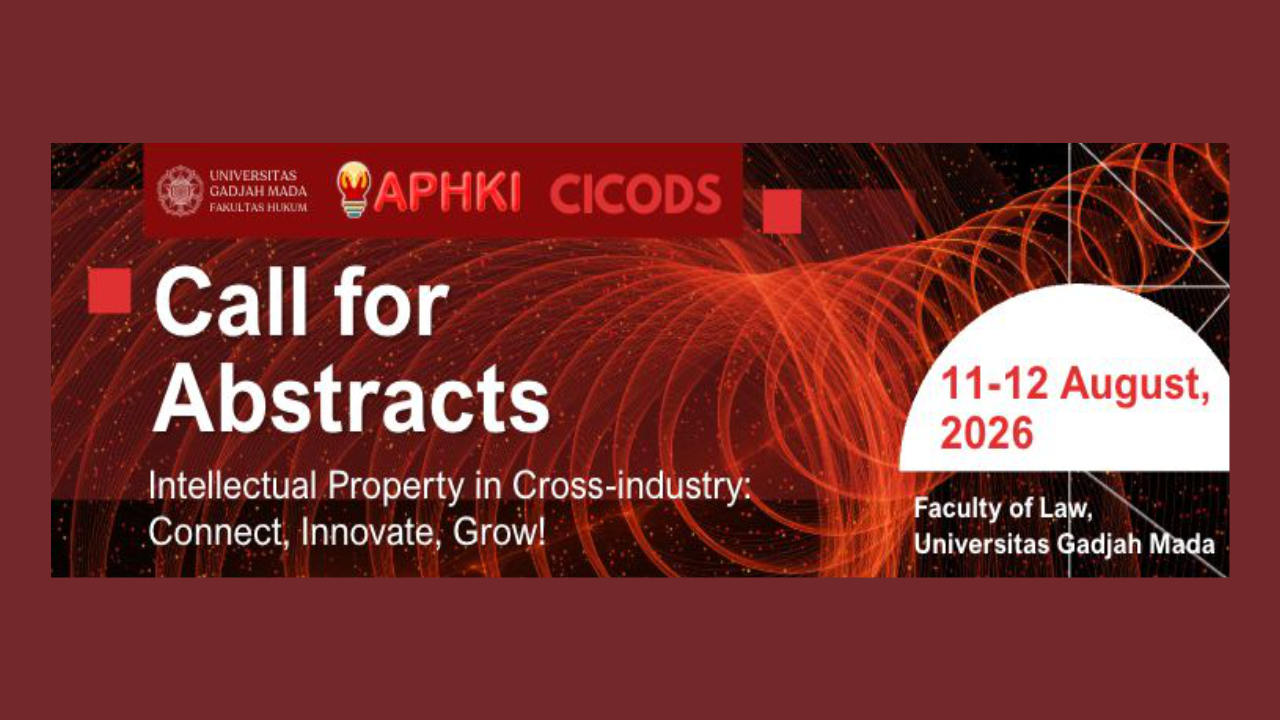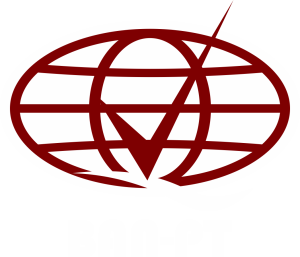Rabu (31/7/2024), Fakultas Hukum Universitas Gadjah Mada (UGM) mengadakan kelas kolaboratif yang inovatif berjudul “Antara Keadilan, Kepastian, atau Kemanfaatan?” Acara ini bertujuan untuk memperdalam pemahaman mahasiswa tentang konsep-konsep hukum dasar sambil mempromosikan Tujuan Pembangunan Berkelanjutan (SDGs), khususnya dalam bidang pendidikan. Kelas ini dirancang untuk mendorong pemikiran kritis dan pembelajaran kolaboratif di antara mahasiswa, mempersiapkan mereka untuk tantangan di masa depan dalam bidang hukum.
The session began with an introduction to the core concepts of Justice, Certainty, and Utility in Law. This foundational knowledge is essential for law students as they navigate the complexities of legal systems and their implications for society. The faculty members emphasized the importance of these concepts in ensuring a fair and equitable legal framework, which aligns with the SDGs' focus on quality education and promoting lifelong learning opportunities.
Following the introduction, the class transitioned into a Focus Group Discussion (FGD) format, allowing students to engage actively with the material and with each other. The FGD format encouraged students to express their thoughts, challenge each other's ideas, and collaboratively explore the nuances of the legal concepts presented. This interactive approach not only enhanced their understanding but also developed their communication and critical thinking skills.
The event featured several distinguished speakers, each leading discussions in different classrooms. Dr. Khotibul Umam, S.H., LL.M., facilitated Groups 1 and 2 in Room B.2.2, focusing on the interplay between justice and certainty in legal practice. His insights provided students with a deeper appreciation of how these concepts influence legal decision-making.
In Room B.2.3, Dr. Wahyu Yun Santoso, S.H., M.Hum., LL.M., guided Groups 3 and 4 through discussions on the utility of law in achieving social justice. His expertise in legal theory and practice helped students understand the practical implications of legal principles in real-world scenarios.
Dr. Hartini, S.H., M.Si., led Groups 5 and 6 in Room B.2.4, where she emphasized the importance of balancing justice and utility in legal frameworks. Her engaging teaching style encouraged students to think critically about the ethical dimensions of law and its impact on society.
Meanwhile, Dr. Dani Krisnawati, S.H., M.Hum., facilitated Groups 7 and 8 in Room B.2.7, focusing on the role of certainty in legal processes. Her discussion highlighted how certainty can enhance public trust in the legal system, a crucial aspect of effective governance.
In Room B.3.2, Dr. Mahaarum Kusuma Pertiwi, S.H, M.A., M.Phil., led Groups 9 and 10, exploring the relationship between legal certainty and social welfare. Her insights prompted students to consider how legal frameworks can be designed to promote the common good.
Prof. Ari Hernawan, S.H., M.Hum., engaged Groups 11 and 12 in Room B.3.3, discussing the challenges of achieving justice in a rapidly changing society. His experience in legal reform provided students with valuable perspectives on the evolving nature of law.
Prof. Marsudi Triatmodjo, S.H., LL., facilitated Groups 13 and 14 in Room B.3.4, focusing on the implications of legal utility in policy-making. His session encouraged students to think about how laws can be crafted to serve the public interest effectively.
Finally, Prof. M. Hawin, S.H., LL.M., Ph.D., and Prof. Agustinus Supriyanto, S.H., M.Si., led discussions in Rooms B.3.5 and B.3.6, respectively, addressing the importance of integrating justice, certainty, and utility in legal education. Their combined expertise underscored the necessity of a holistic approach to legal studies.
The collaborative class concluded with a reflection on the importance of these discussions in shaping future legal professionals. The event not only enriched students' knowledge but also reinforced the Faculty of Law's commitment to providing quality education that aligns with the SDGs. By fostering an environment of collaboration and critical inquiry, UGM continues to pave the way for innovative legal education.








